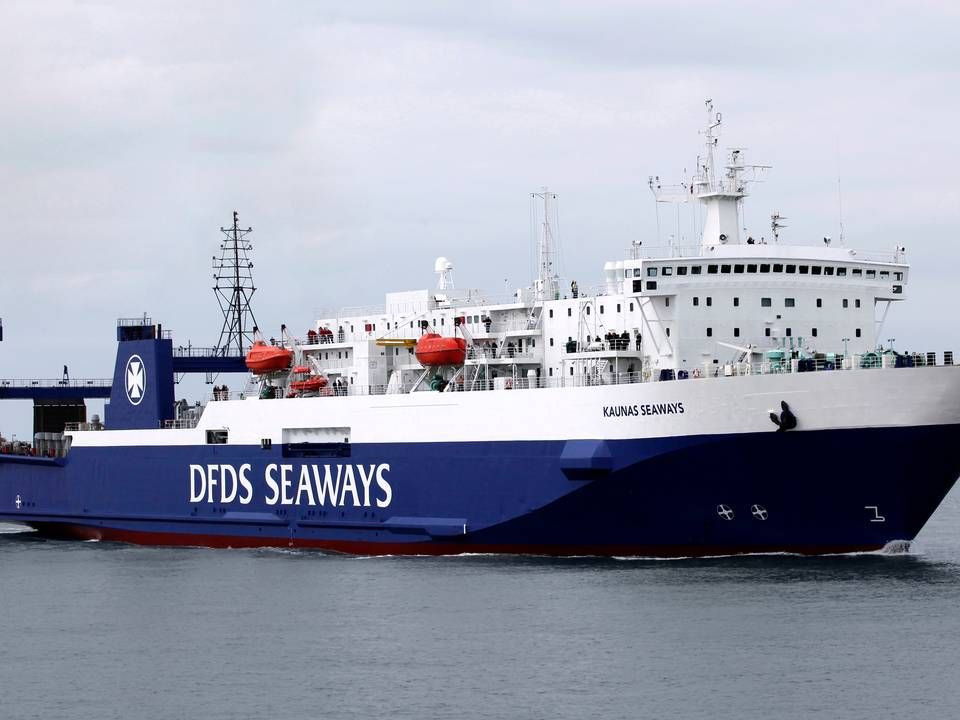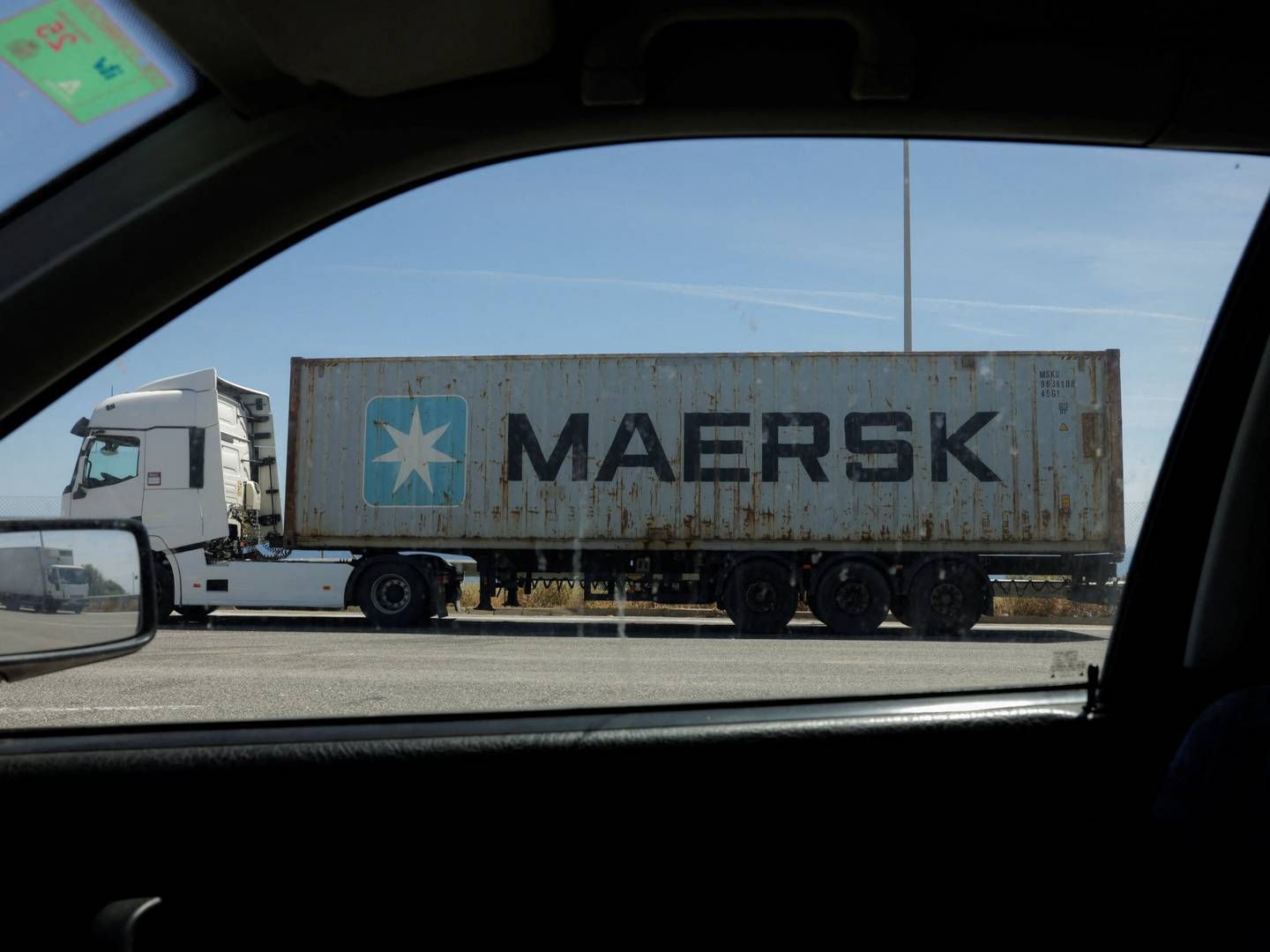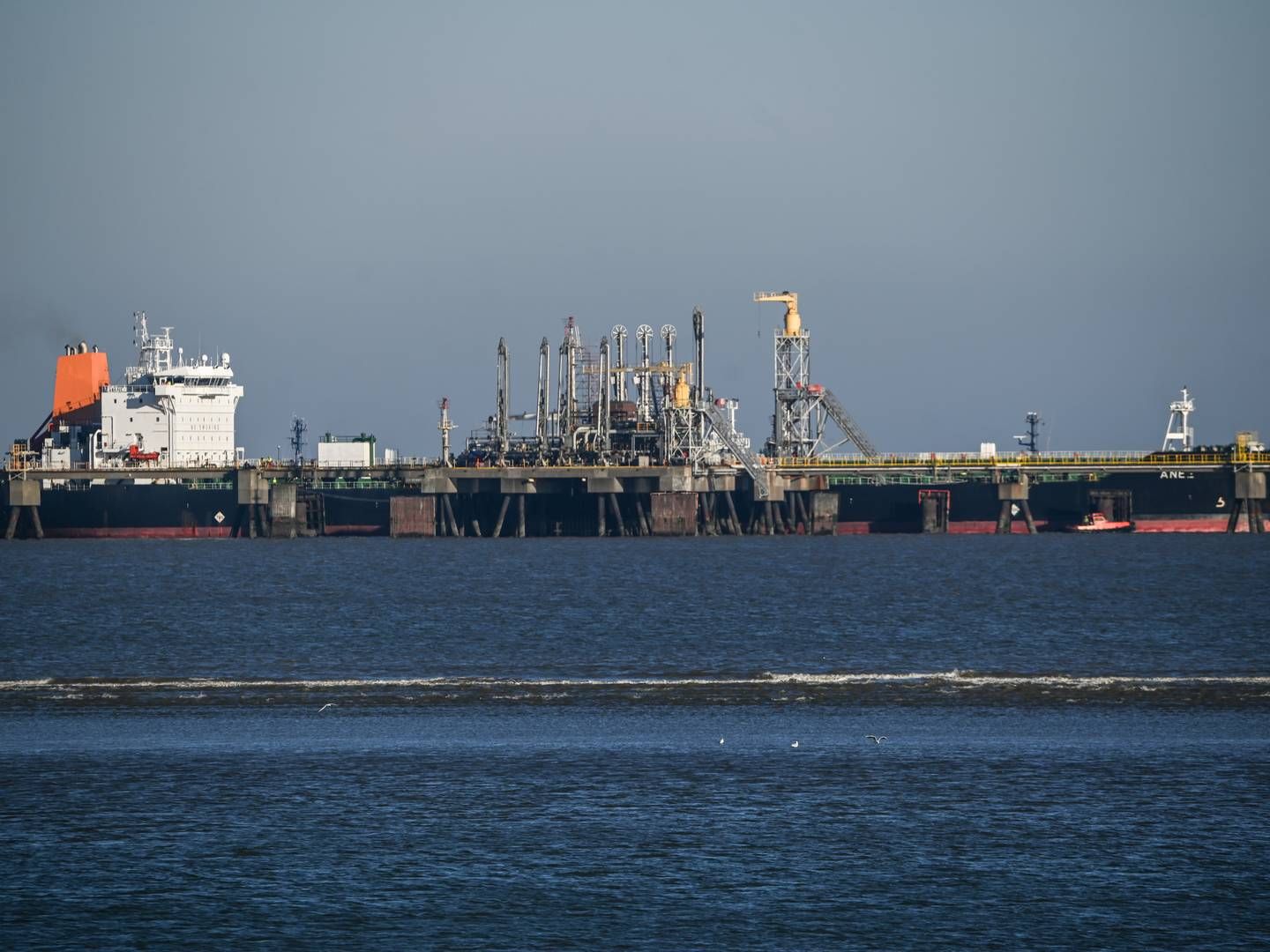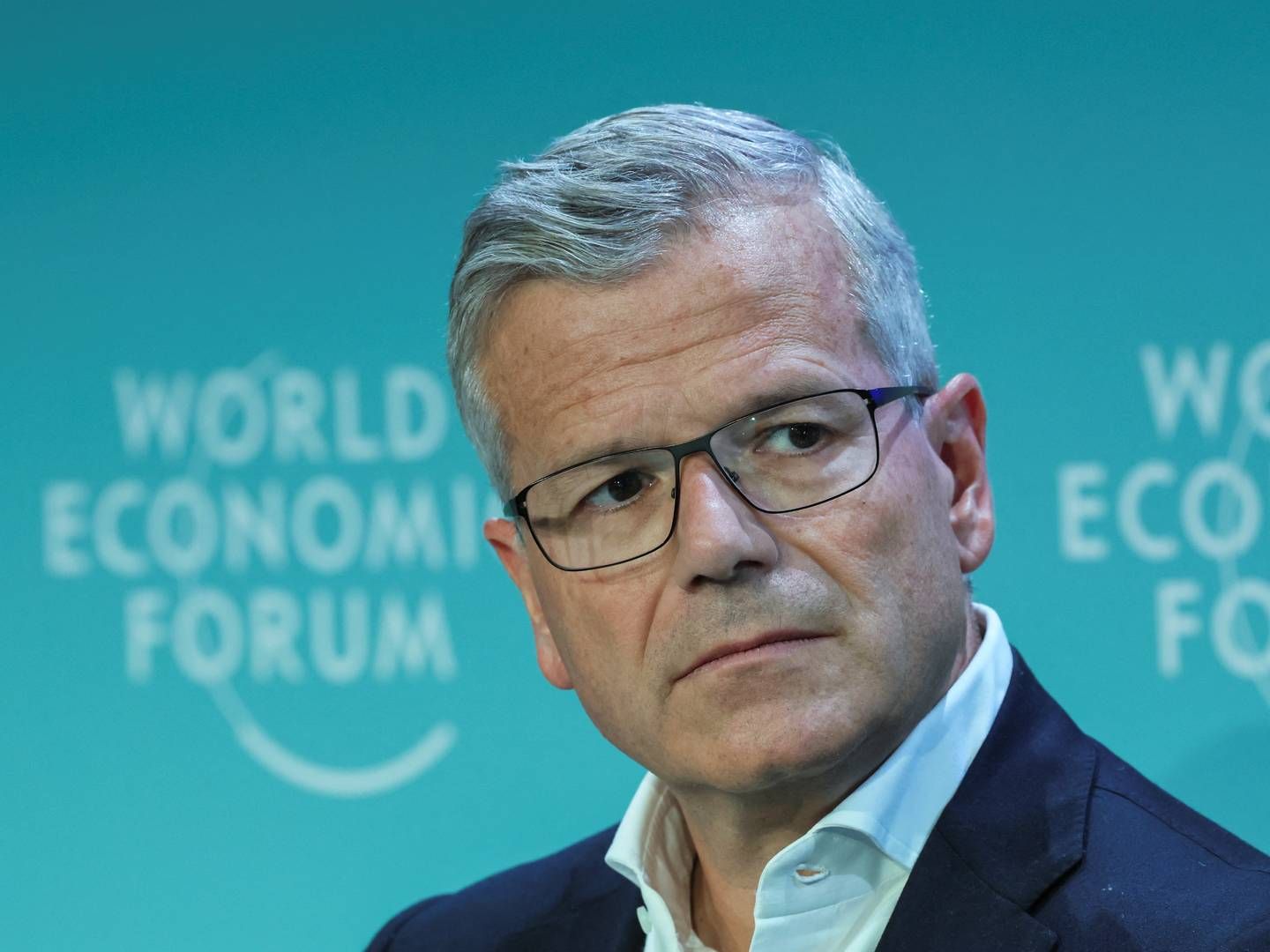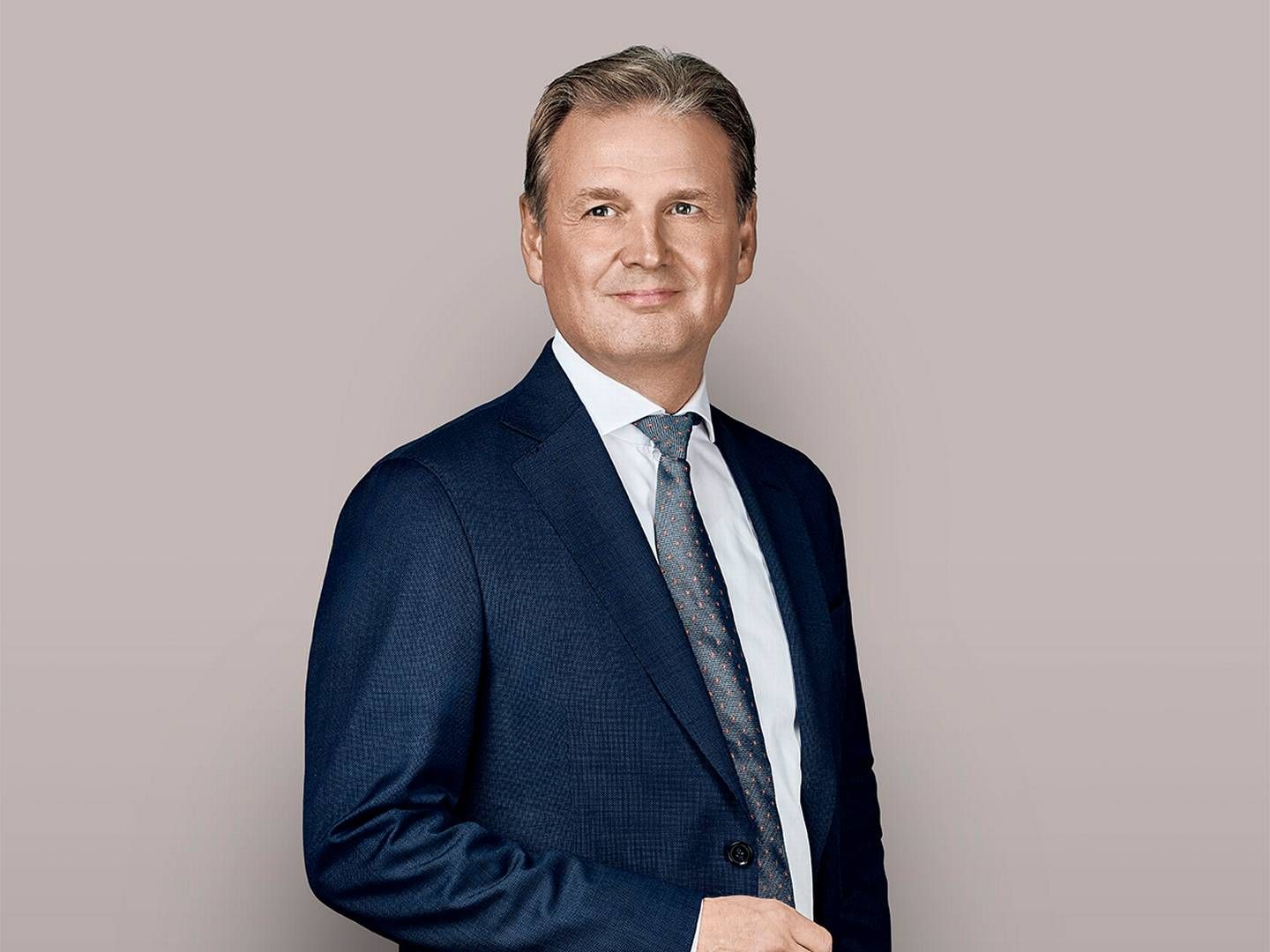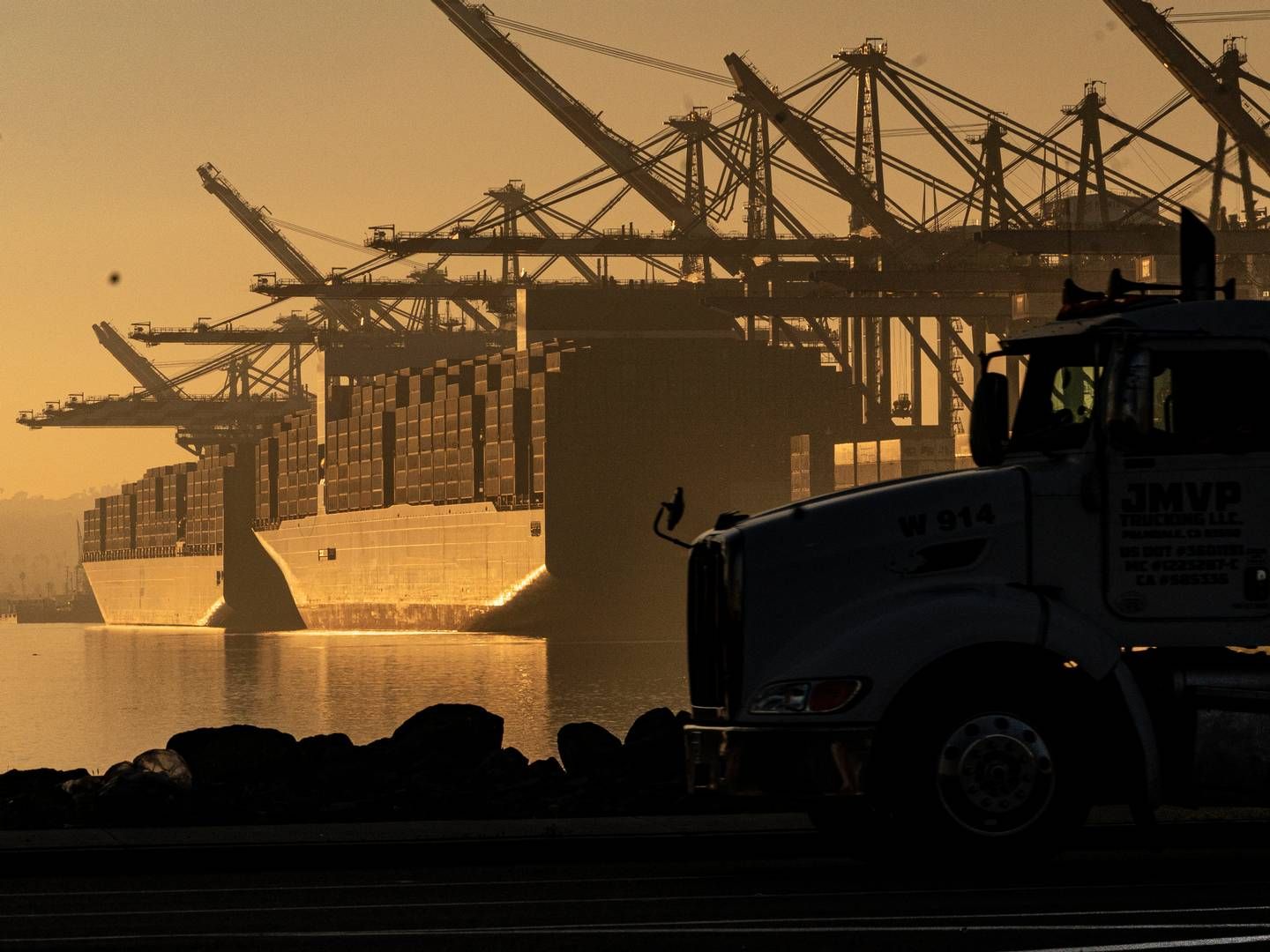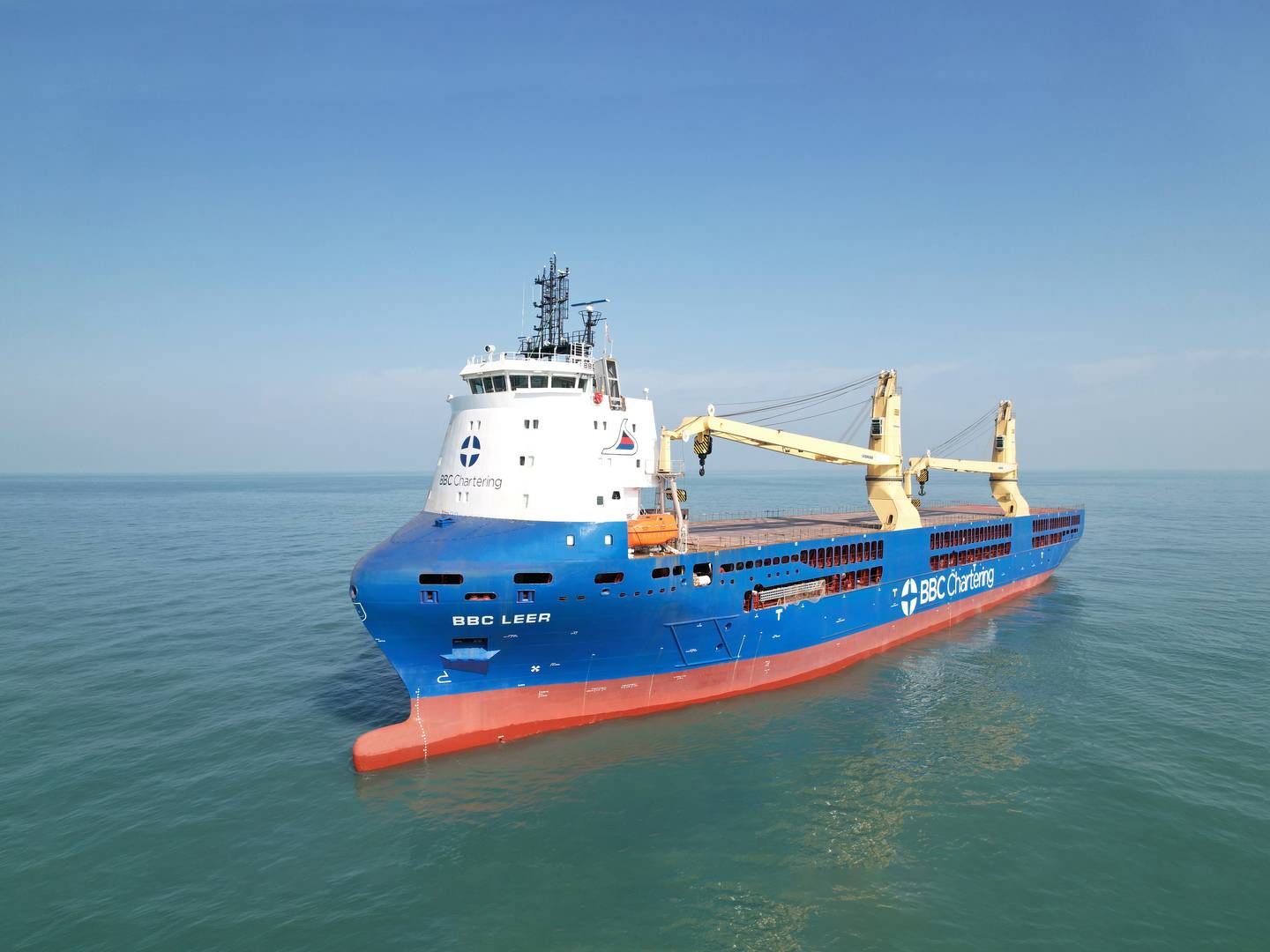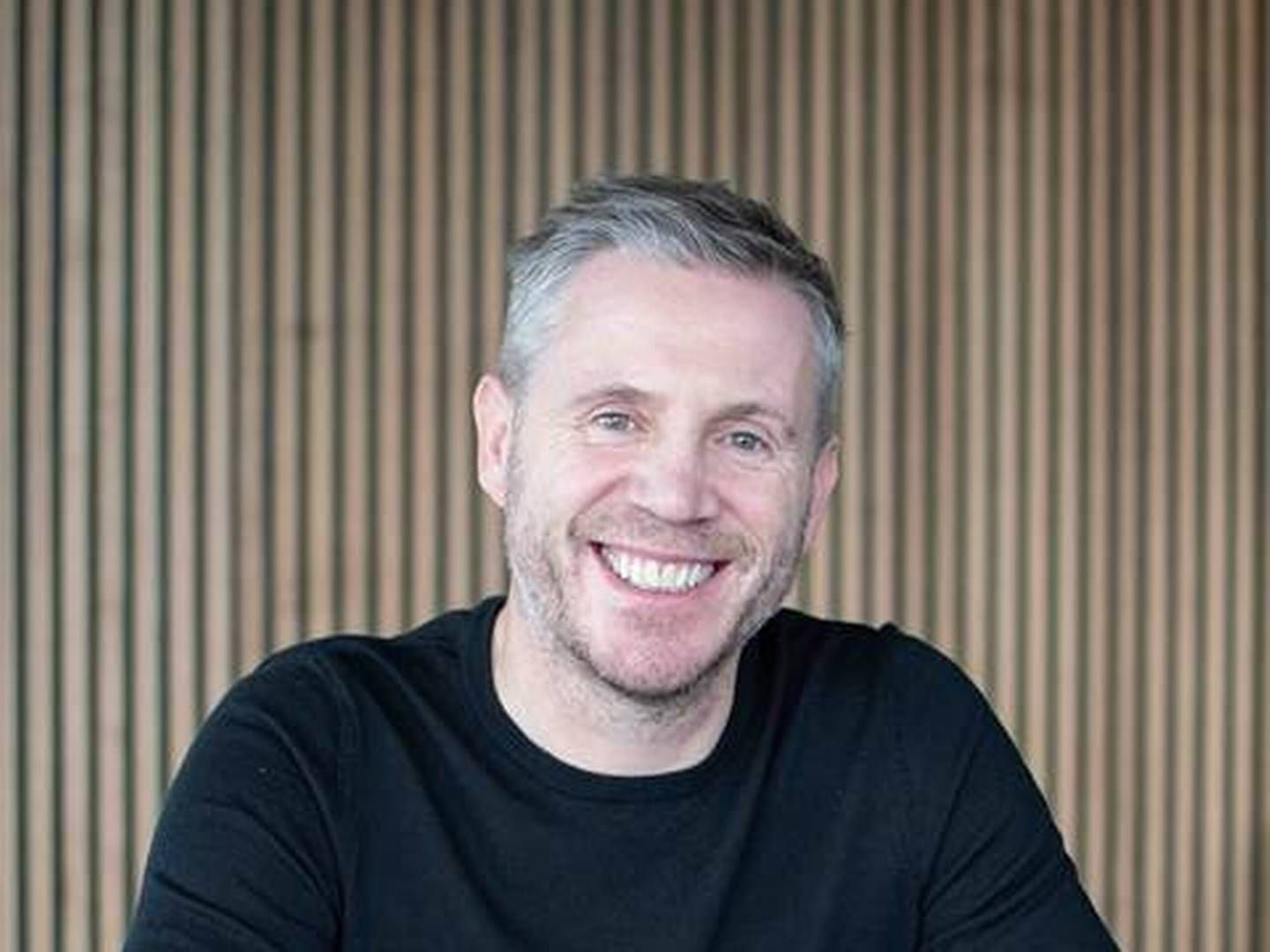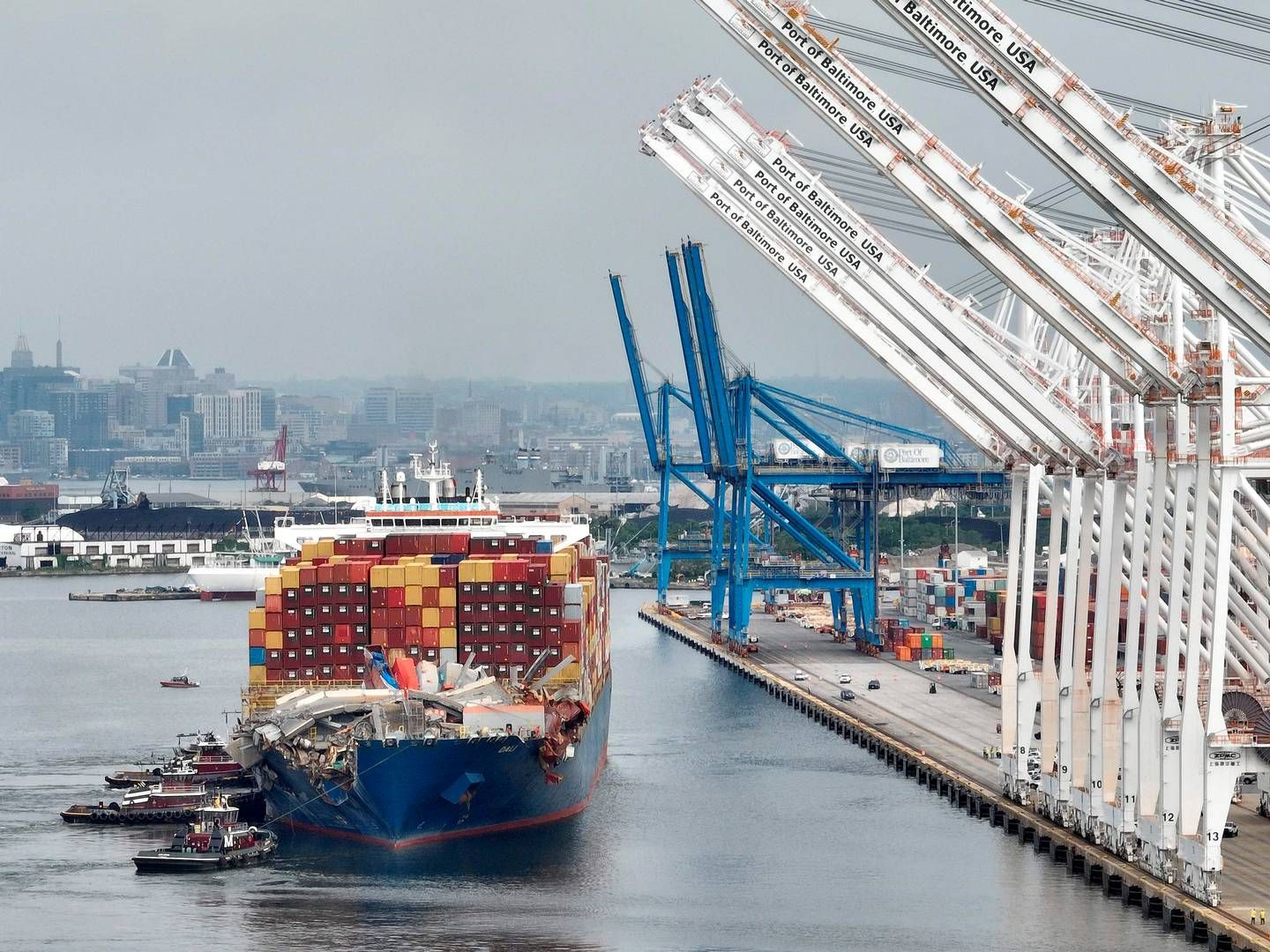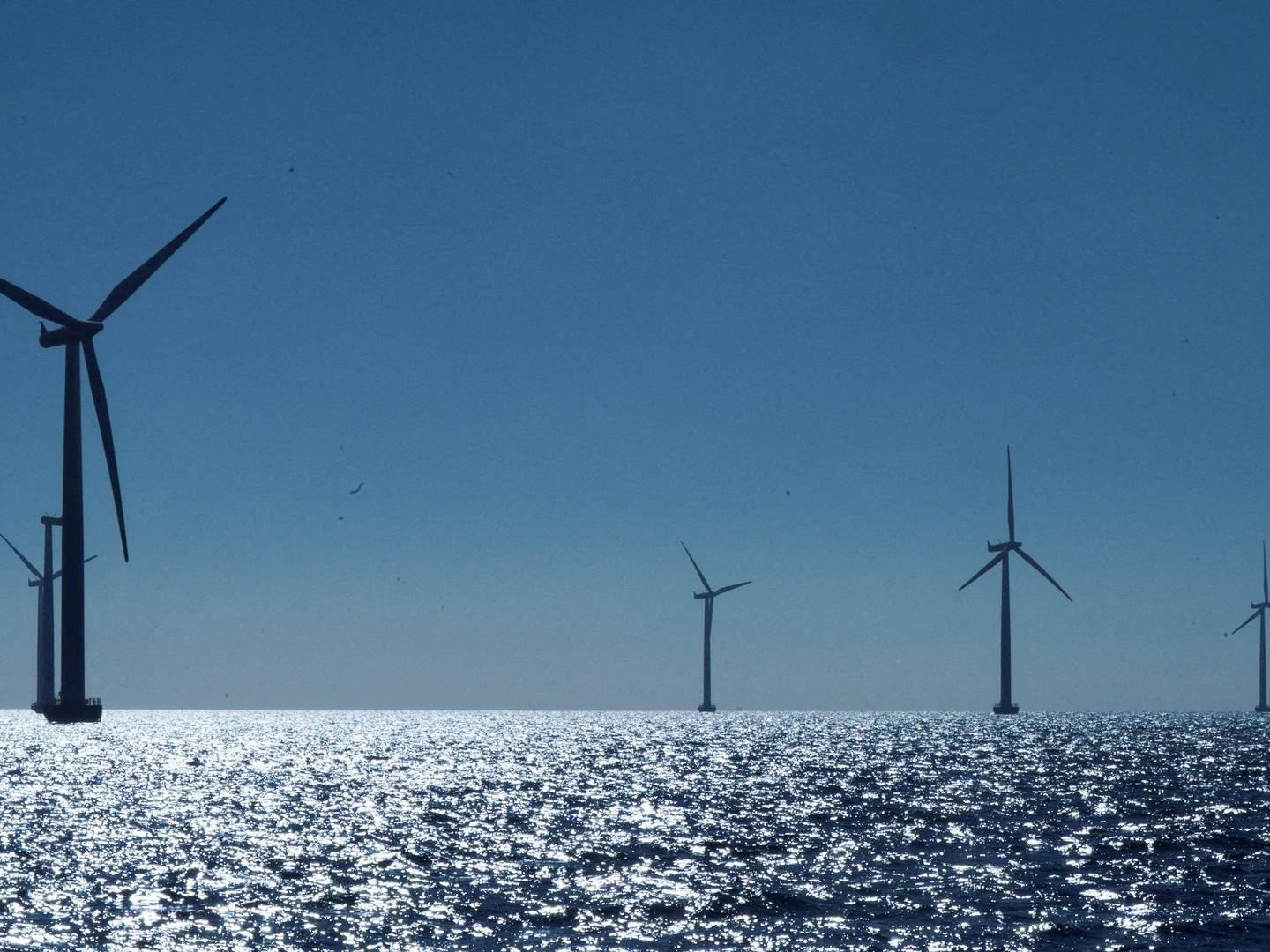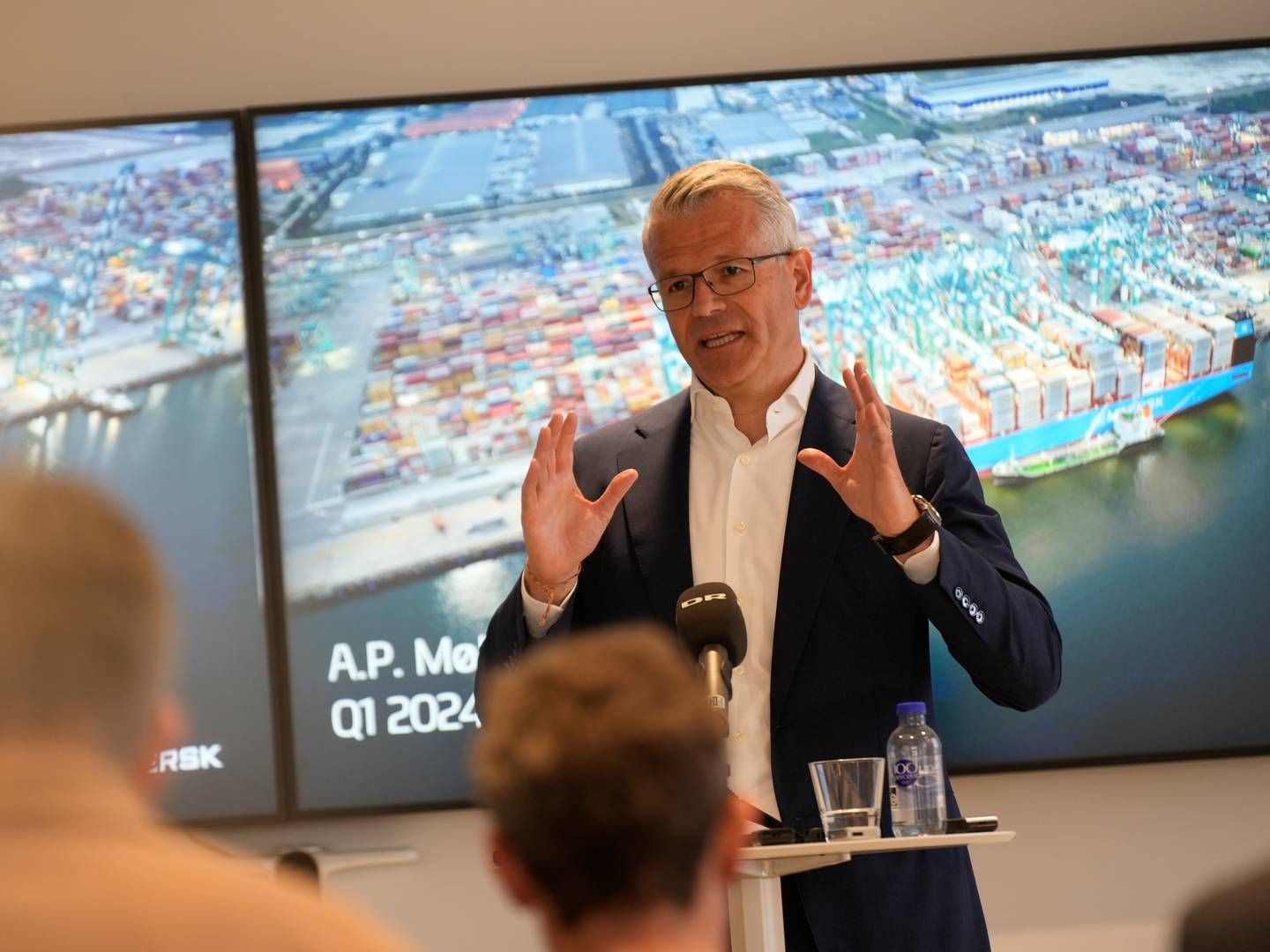"The shipping industry is too conservative and passive"
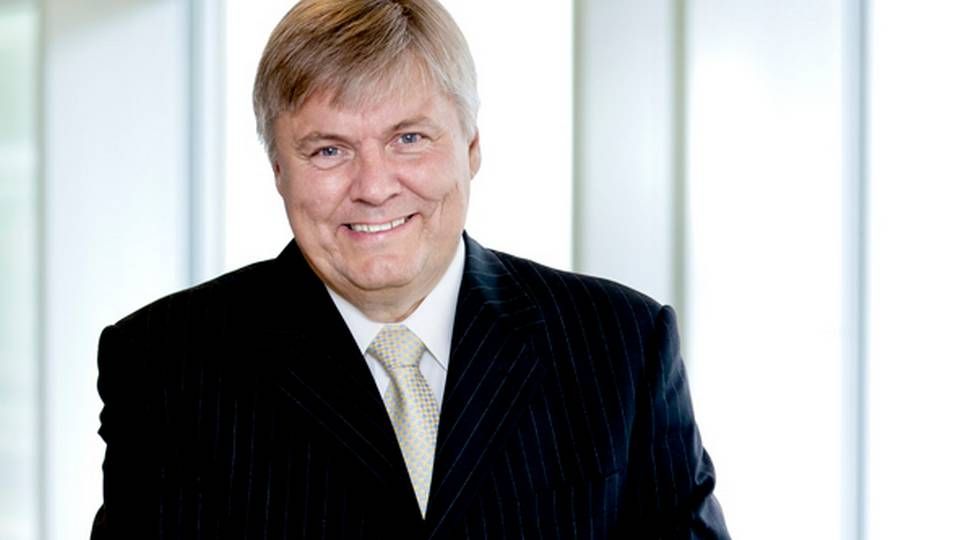
Henrik O. Madsen will step down from his position as CEO of major classification company DNV GL on August 1st this year, as per an old agreement stating that one retires as Chief Executive when turning 62. After close to a decade as head of the company he, if any, has followed the industry at close range and acted as catalyst for, on the one hand, new rules and requirements for the sector and, on the other hand, reactions from the industry, which still represents his customers.
Try a free 40-day trial subscription to ShippingWatch
Today, around one month before he steps down, he explains in an interview with ShippingWatch how he has often had to listen to the industry's complaints, especially concerning regulations. Numerous new requirements have been introduced to the shipping industry over the past decade, and these have been accompanied by frequent laments, even though the regulations are not even close to the levels experienced by other industries. In particular, new international environmental regulations, including for instance ballast water and sulfur emissions, have brought complaints from the industry, he says.
The industry is too conservative
"Shipping is a very conservative, actually too conservative, industry. The attitude in the industry is mainly that any new regulation introduced is basically negative. I could hope that, going forward, they will change from seeing every new regulation as a risk to instead also thinking of a regulation as an opportunity," Henrik O. Madsen tells ShippingWatch, adding:
"I think that they should instead focus on the fact that shipping is really a unique business. There's the IMO, which actually decides most things in the industry, and we all have the same goal with the industry we're working in: to deliver safe and environmentally sound transport. Instead of being industry first movers, many players are sitting on the fence, waiting. I would like to encourage more players to act as first movers in terms of adopting new regulations and new technology in the industry."
From safety to environment
Henrik O. Madsen served as CEO of DNV for nine years, and he headed the merger with GL - Germanischer Lloyd - in 2013. Since entering the classification industry in 1985, coming from a career in maritime research at the Technical University of Denmark, DTU, the industry has undergone major changes.
Try a free 40-day trial subscription to ShippingWatch
In the 1980s the classification companies were forced to focus even more on safety.
"Shipping was in the midst of a crisis back then, just as today, and was facing considerable challenges with, for instance, dry bulk vessels, where safety was extremely low. The industry no longer trusted classification companies, so it became a matter of regaining the trust and make shipping safe. These efforts continued into the 1990s," explains Henrik O. Madsen.
During this same period, the industry was able to drastically reduce oil emissions into the sea in relation to major accidents.
The significant focus on safety was in the 2000s replaced by a focus on the environment, as shipping was drawn into the global efforts to reduce air emissions of substances including NOx and SOx, as well as issues in the water, for instance ballast water. CO2 also came to the fore as a hot topic, just as shipbreaking entered the agenda.
"It's probably a little unfortunate, but also incidental, that shipping is currently facing so many new regulations all at once. Especially with the scrapping and ballast water conventions, it's been very sad to see how slowly things are moving in terms of ratifying the regulations. It's important that the industry is engaged in getting these regulations settled. Here, the Danish and Norwegian maritime authorities have done a good job of involving the industry in their efforts, but they could be doing more," says Henrik O. Madsen.
Need to bring safety back on the radar
Alongside a significant focus on the environment, he also feels that it is high time the shipping industry increases its focus on safety again. As an example he mentions that the risk of a fatal accident at sea is ten times higher than on land in an OECD country, and that the frequency of these accidents for passengers as well as crew members has increased considerably in recent years. Accidents such as the one with Korean ferry Sewol, or the recent ferry wreck in the Yangtze river in China, figure prominently in the statistics, but the number of smaller fatal accidents and work-related accidents at sea has also increased. Some ship segments, such as offshore shipping, are fully on par with land-based industry when it comes to safety, so it is possible to get there, says Madsen.
DNV GL: Shipping slow to embrace LNG
"I can't decide why safety has once again become such a major problem, but I definitely feel that it's about time we start focusing more on safety again. There might be limits, when times are tough, for how much the industry can focus on at once, and then it becomes too much with simultaneous focus on both environment and safety. Some of the explanations behind the growing safety problems also stem from the fact that many seafarers lack the proper qualities and training, that maybe they aren't developing the necessary skills to operate increasingly complex ships and things like that. But the industry should be able to rise beyond this," says Henrik O. Madsen.
Try a free 40-day trial subscription to ShippingWatch
However, he is not only talking about the industry, as he adds that safety has also been the biggest focus in his own work at DNV GL.
"We have 16,000 employees, and many of them are working at fairly dangerous workplaces. We have inspectors monitoring the strangest places and doing it in the strangest places, and their wellbeing has always been one of my main concerns," explains Henrik O. Madsen.
The departing CEO will be succeeded by Remi Eriksen, who currently serves as COO at DNV GL.
DNV GL grows and announces layoffs
DNV GL: Several risks with new fuel types
DNV GL: Three things to drive innovation in the future of shipping
Related articles:
DNV GL appoints new CEO
For subscribers
DNV GL grows and announces layoffs
For subscribers
DNV GL: Several risks with new fuel types
For subscribers


